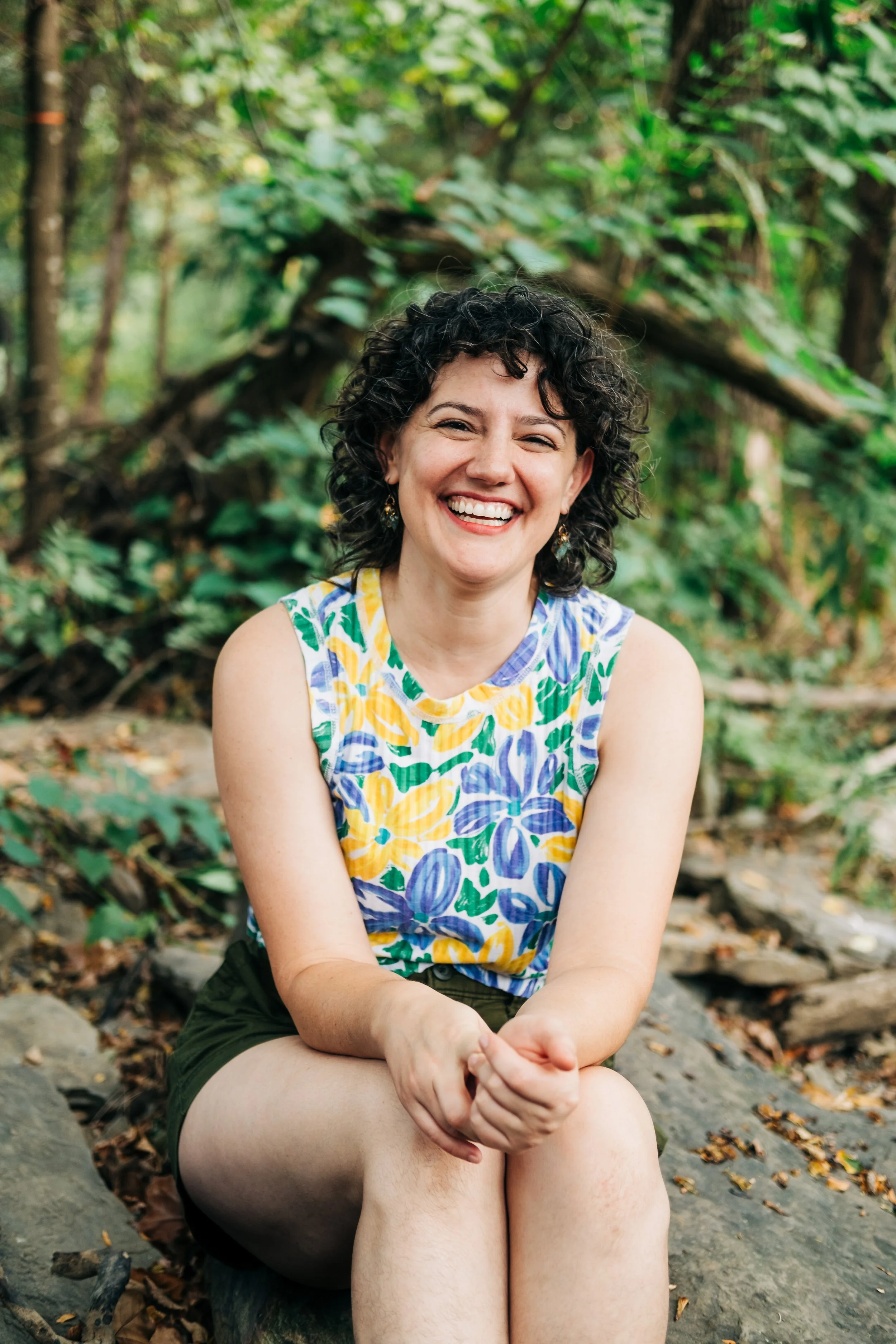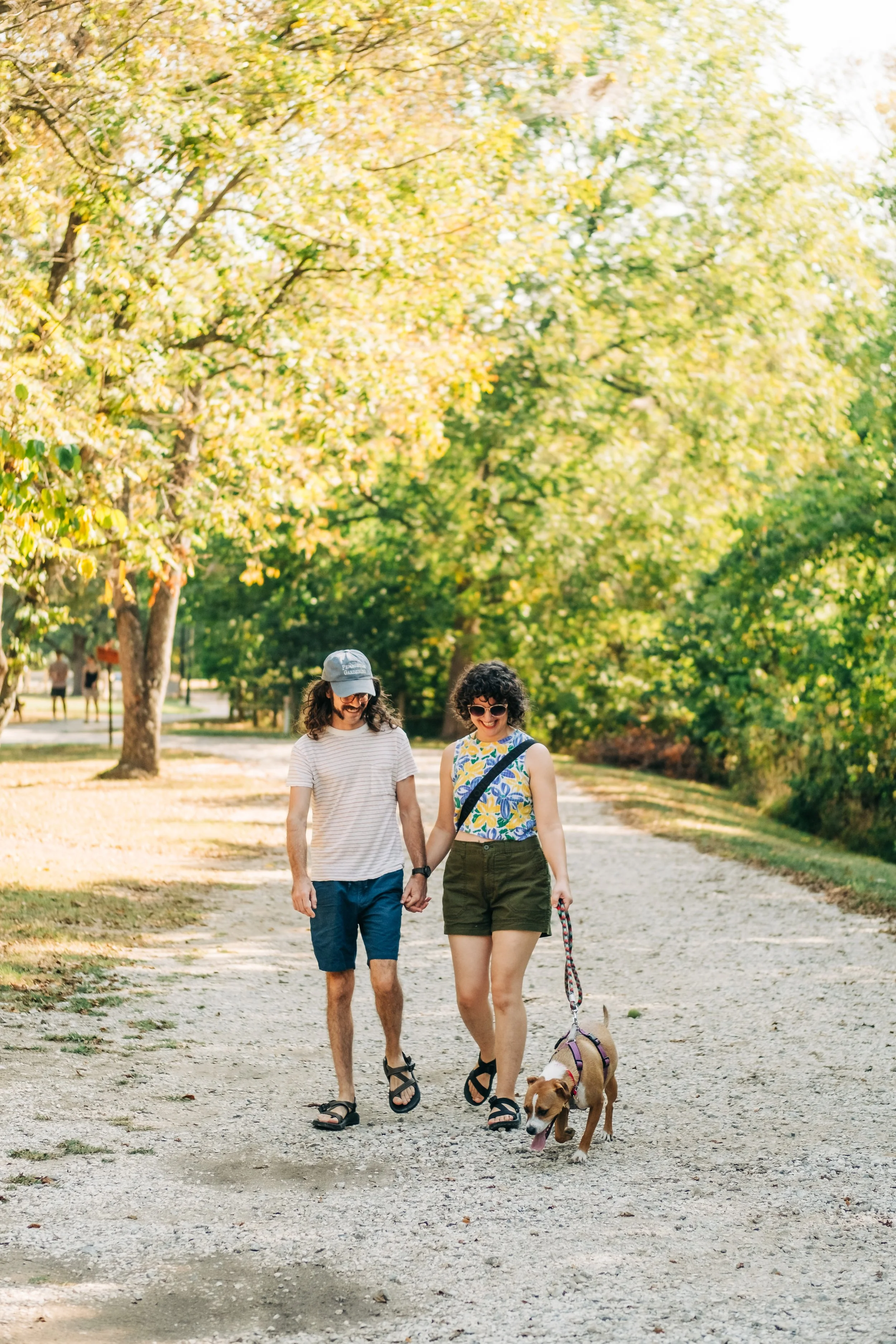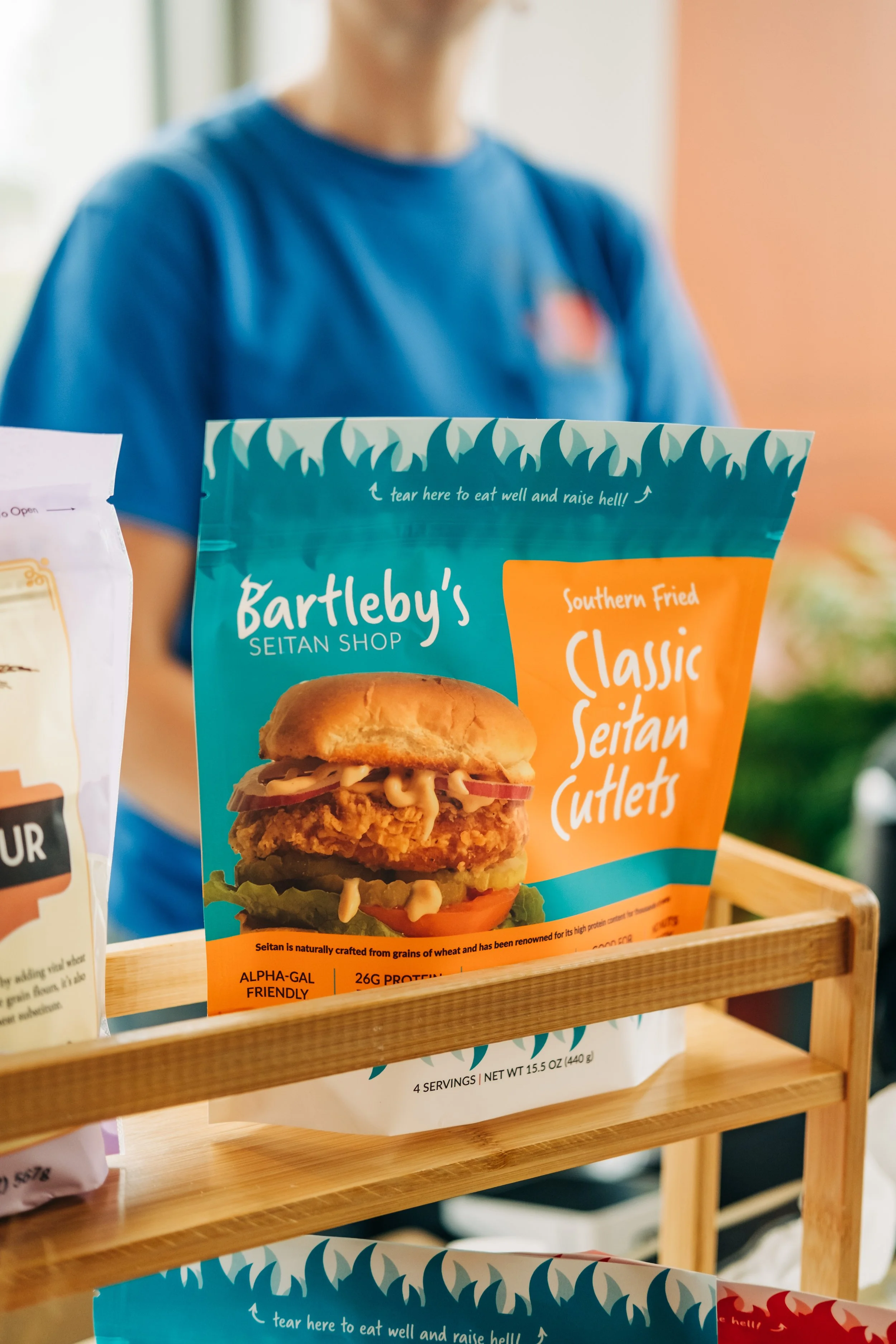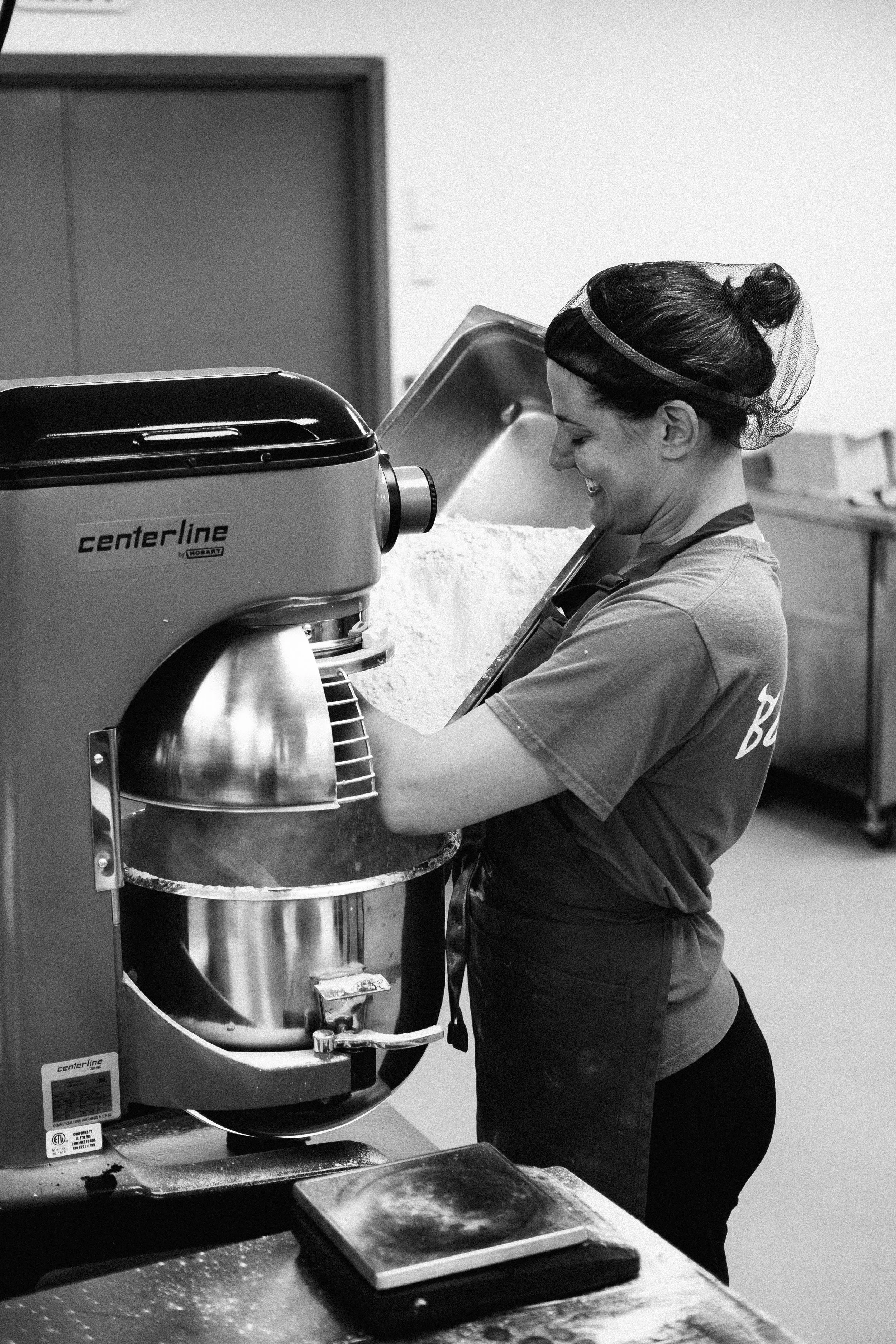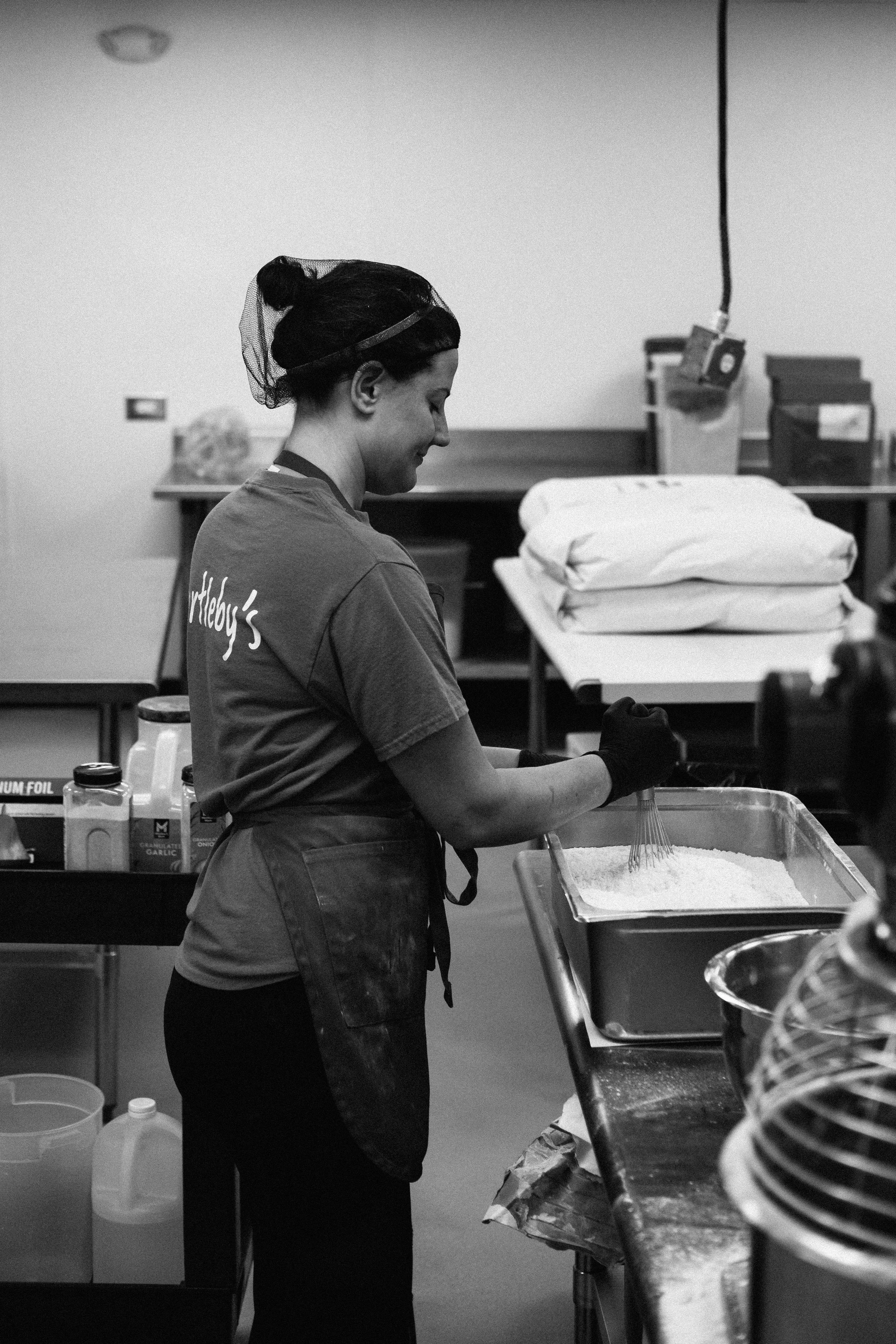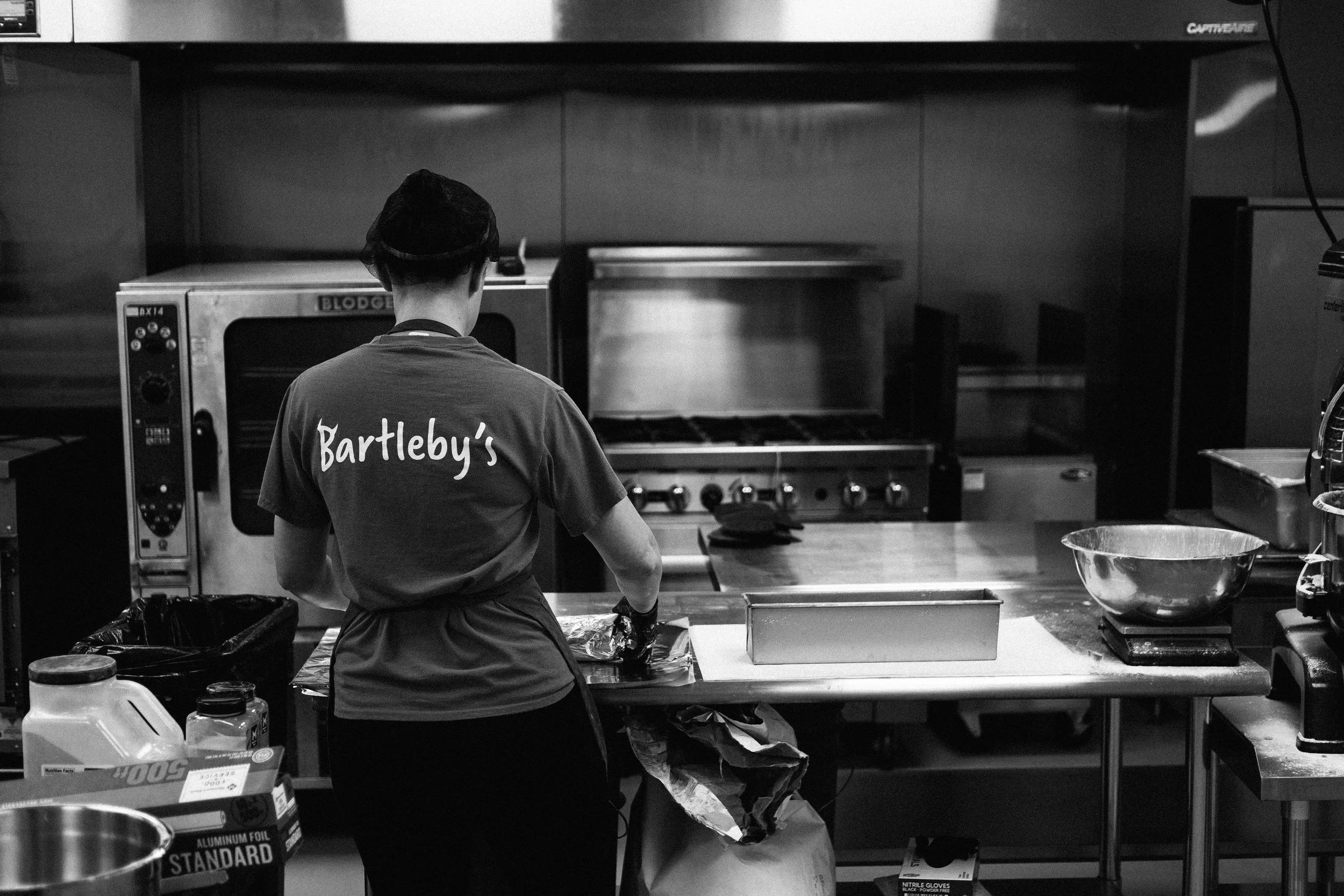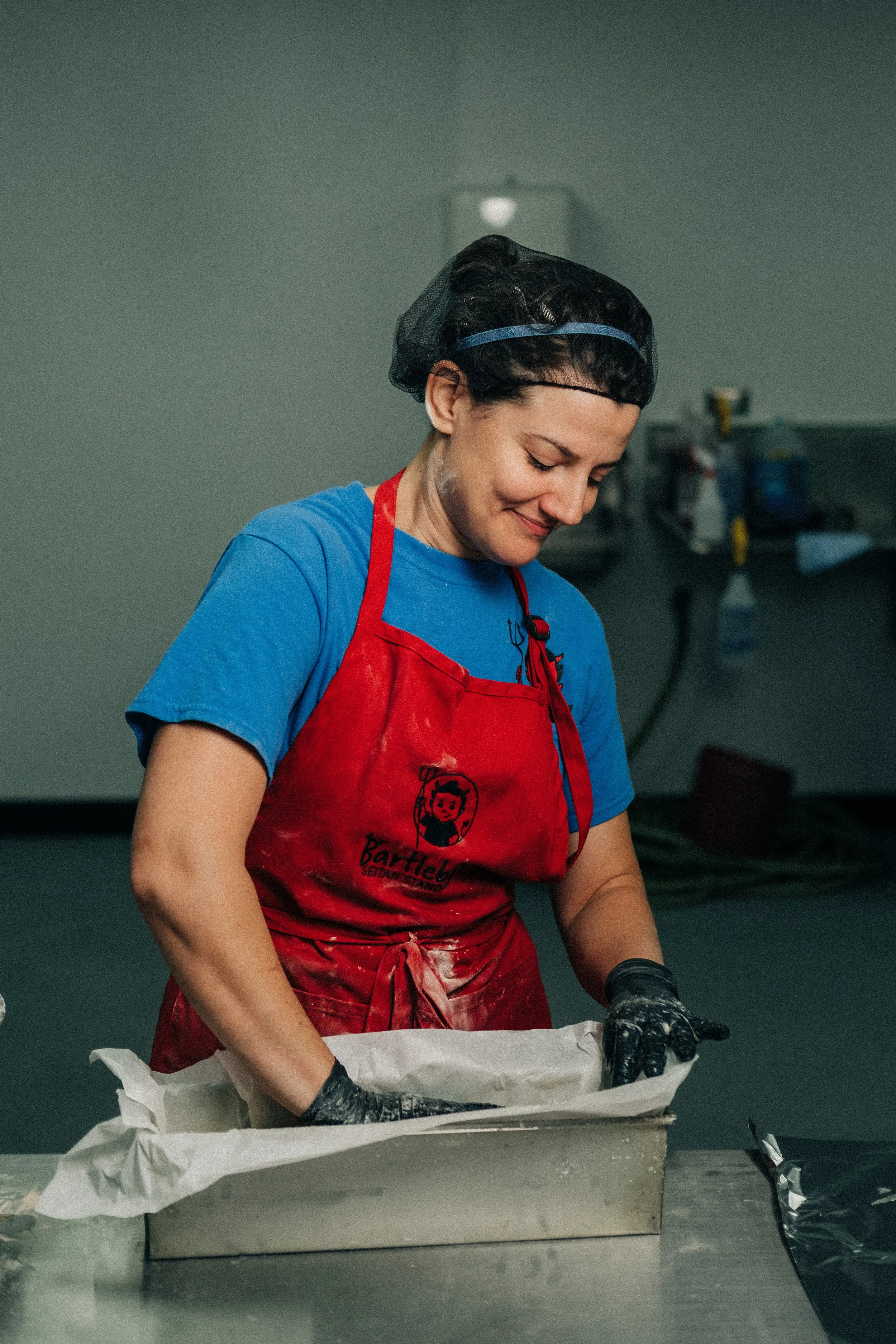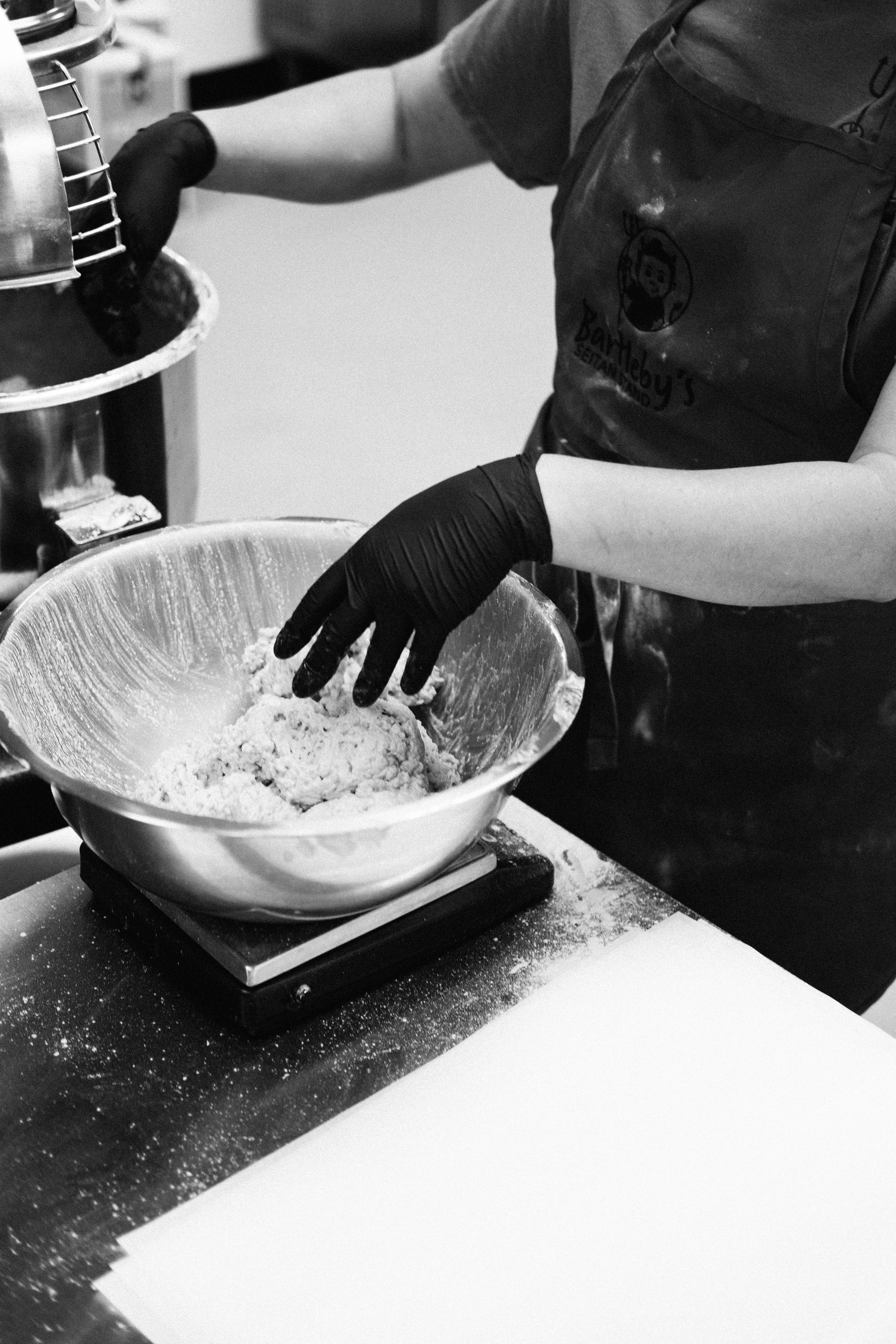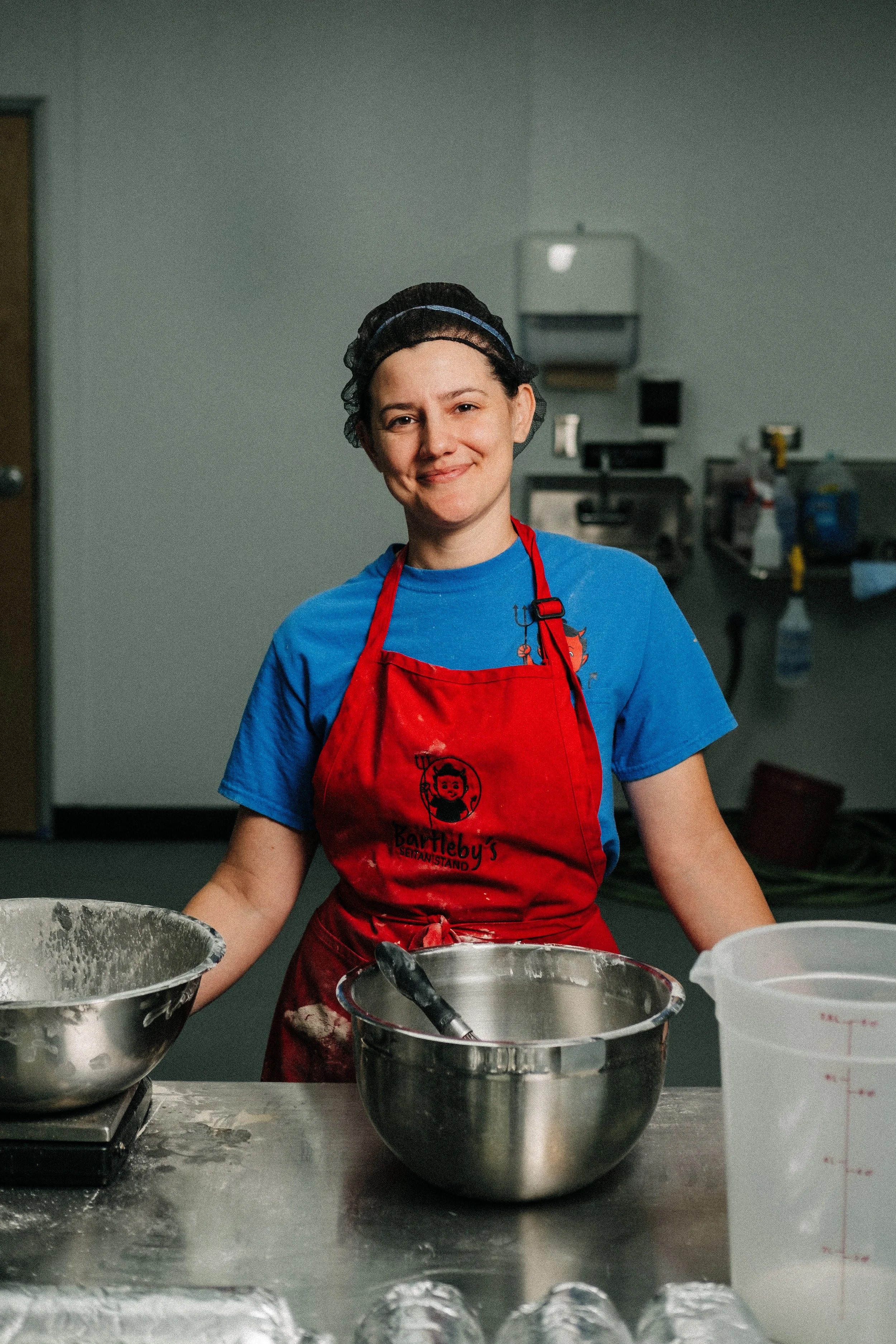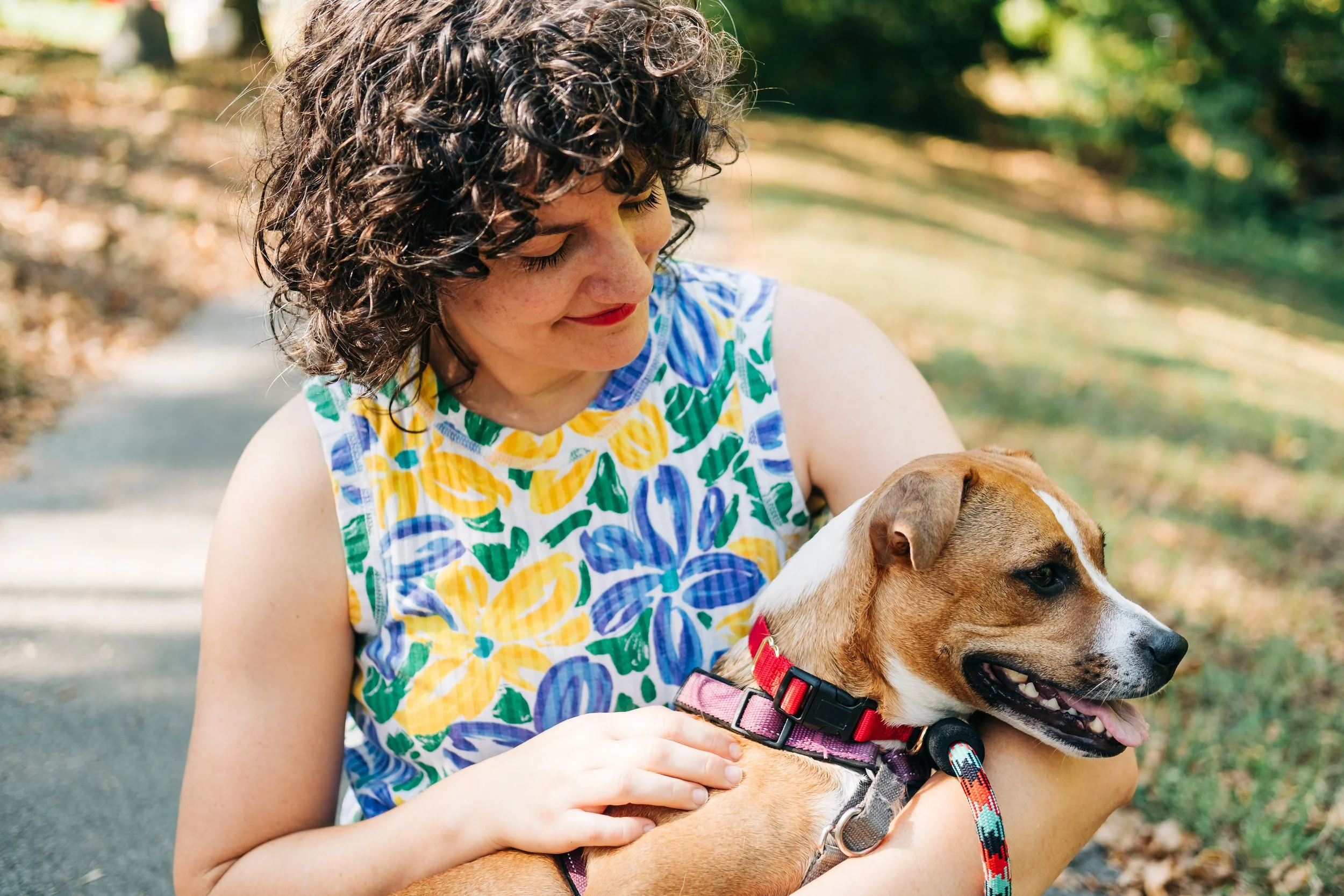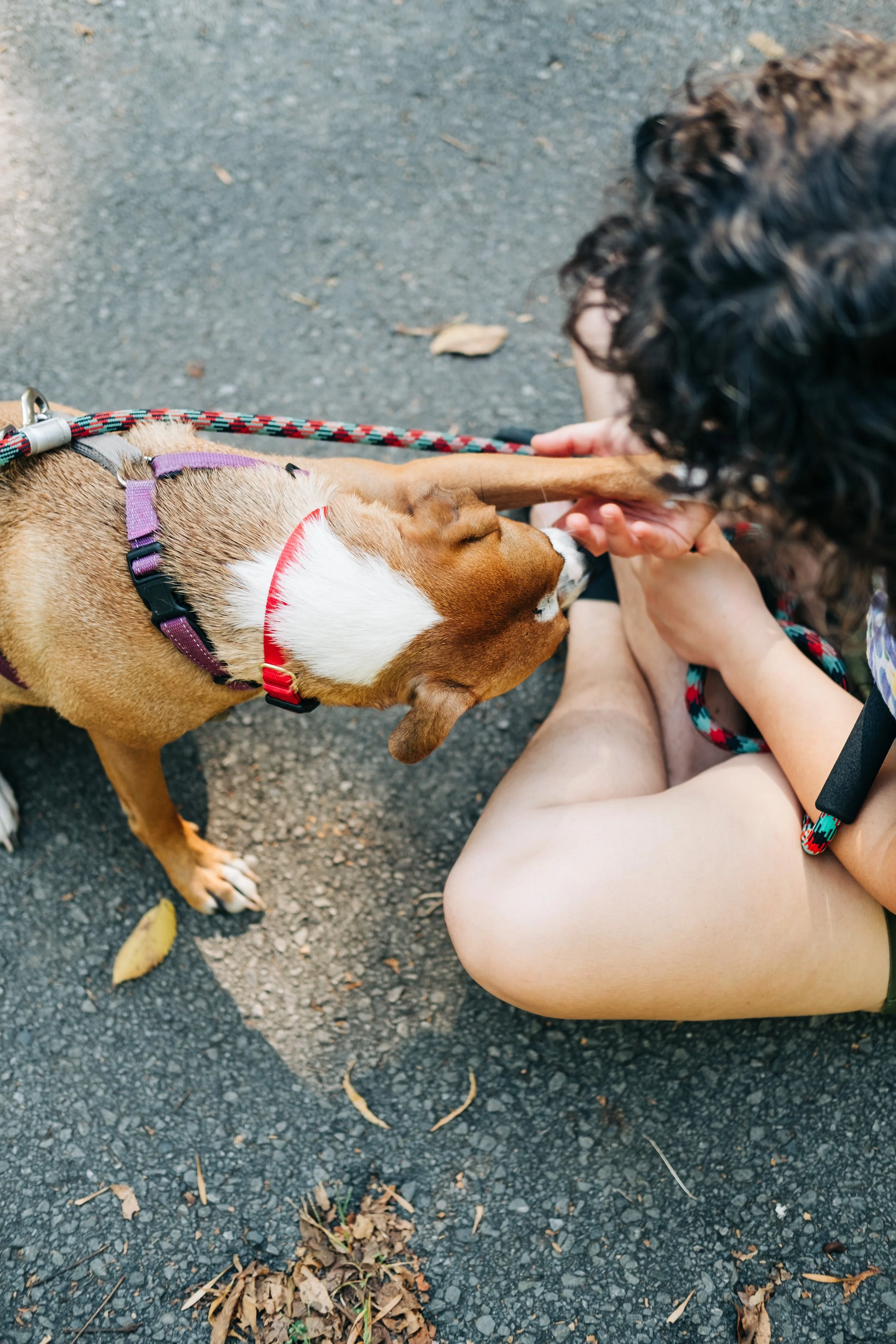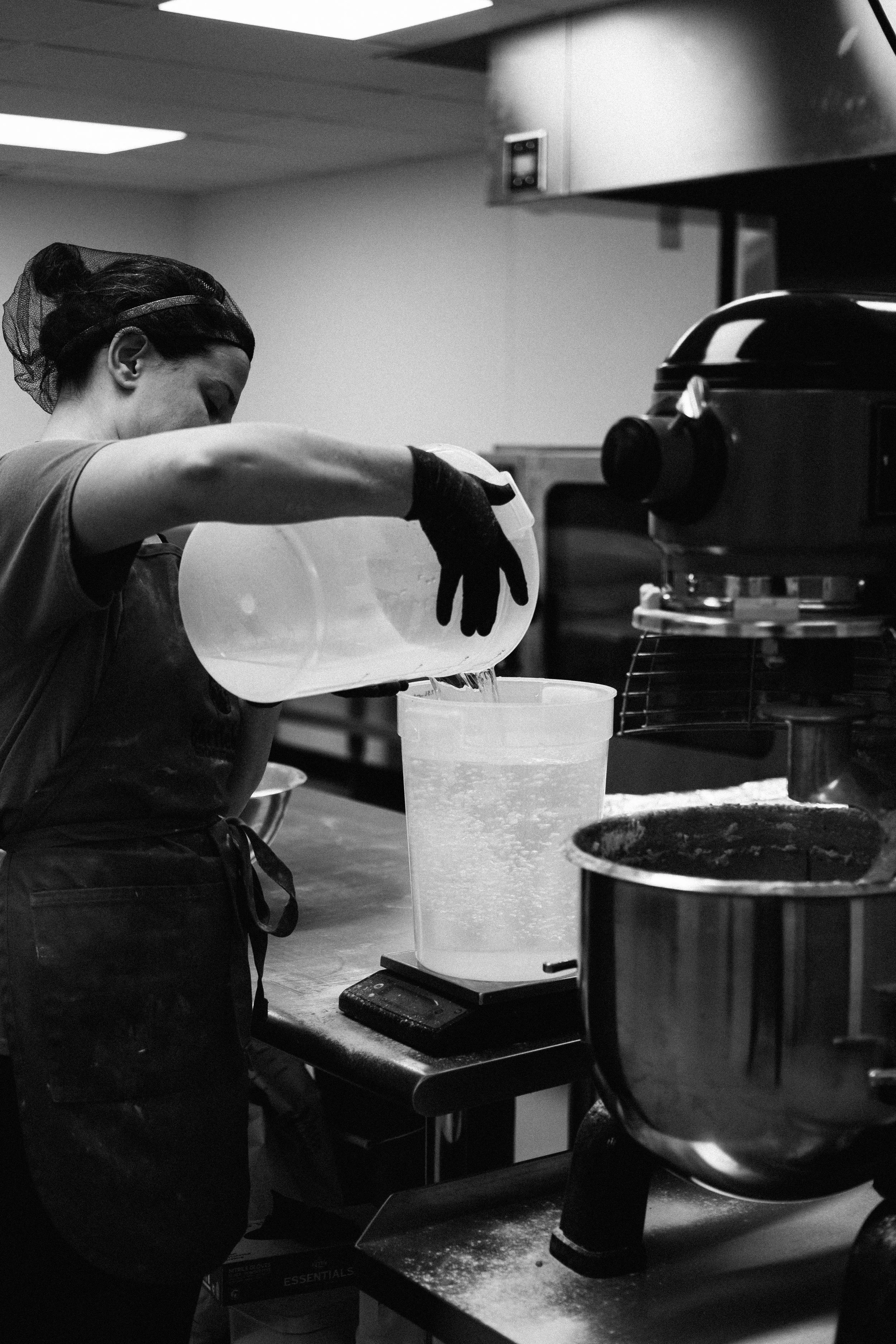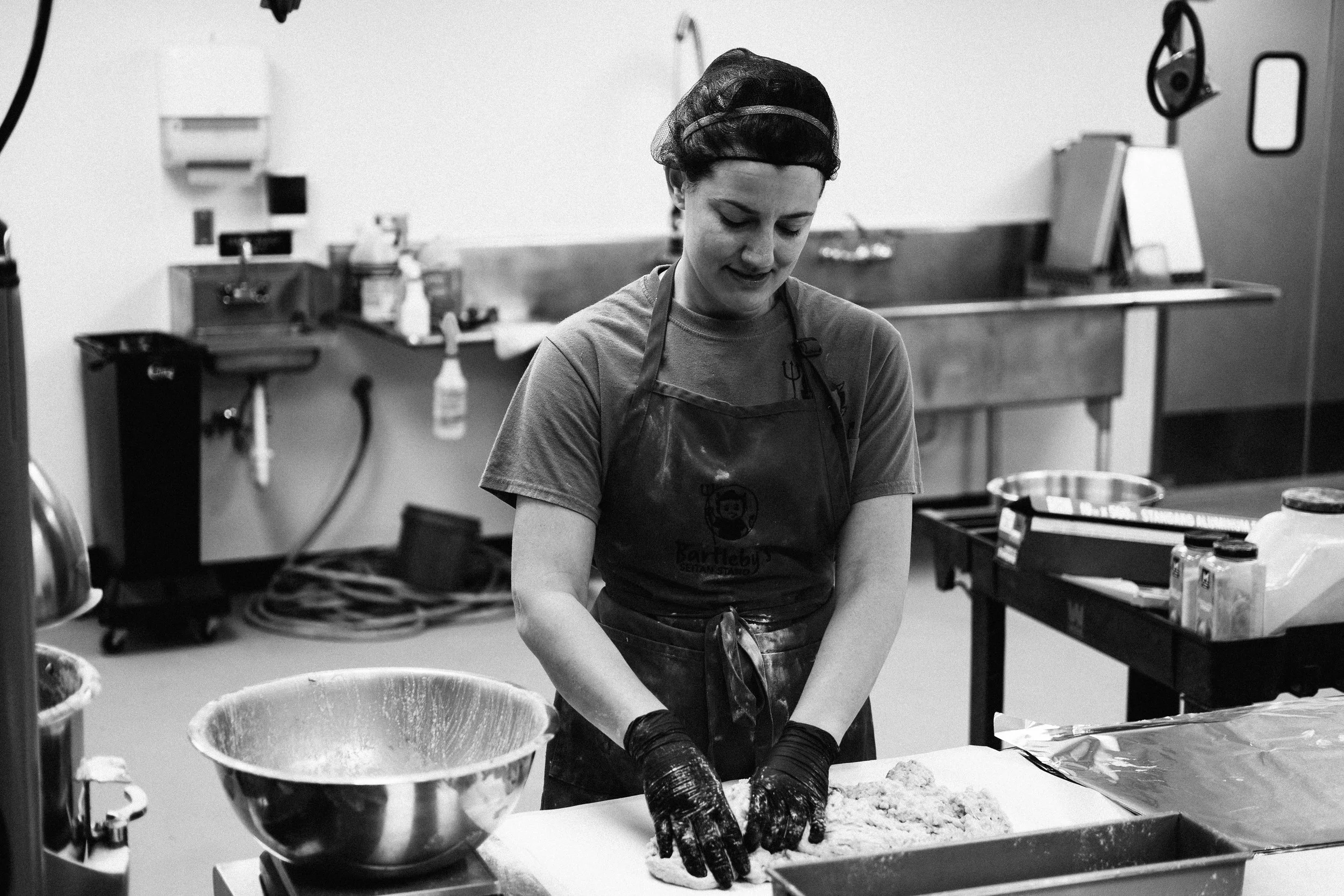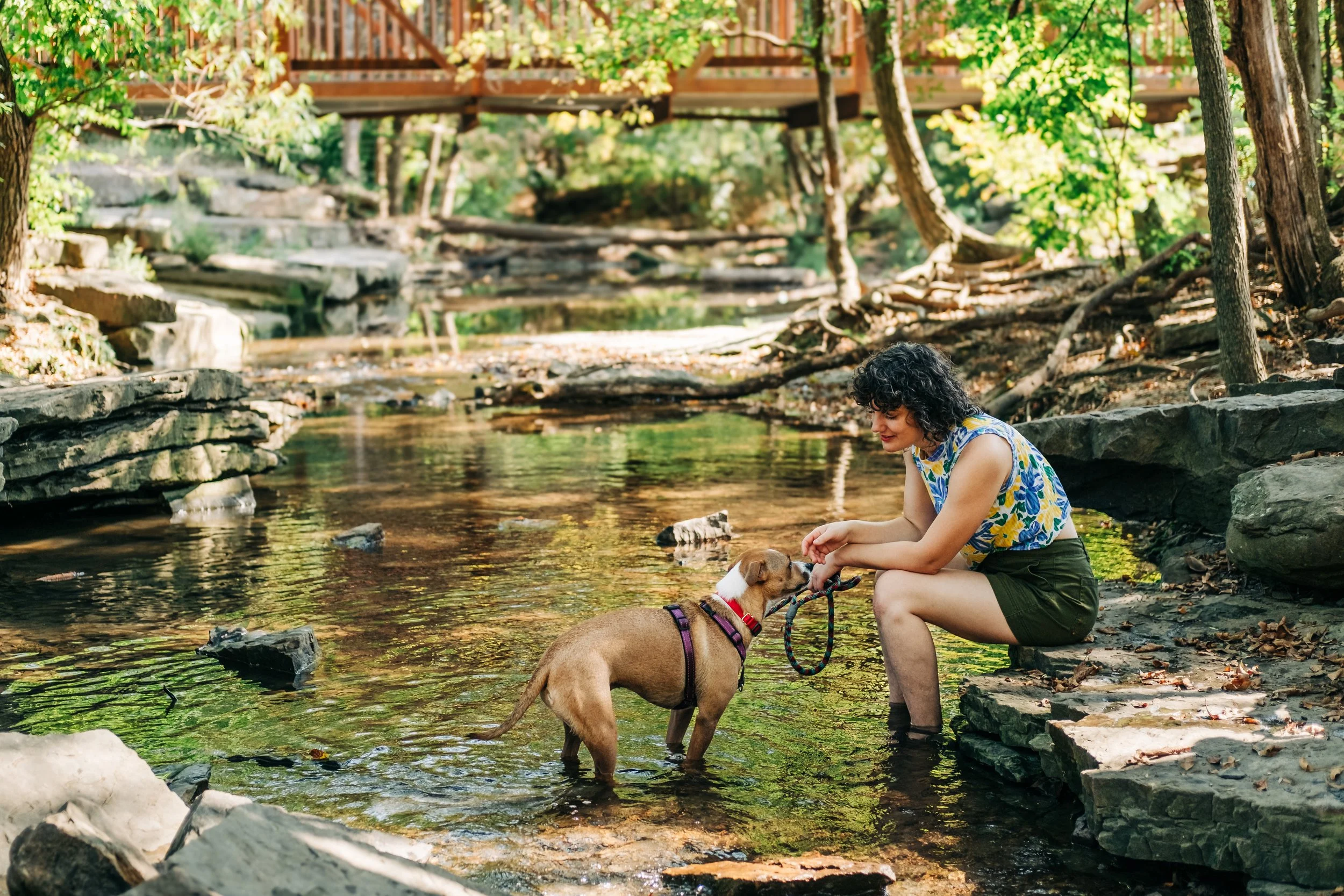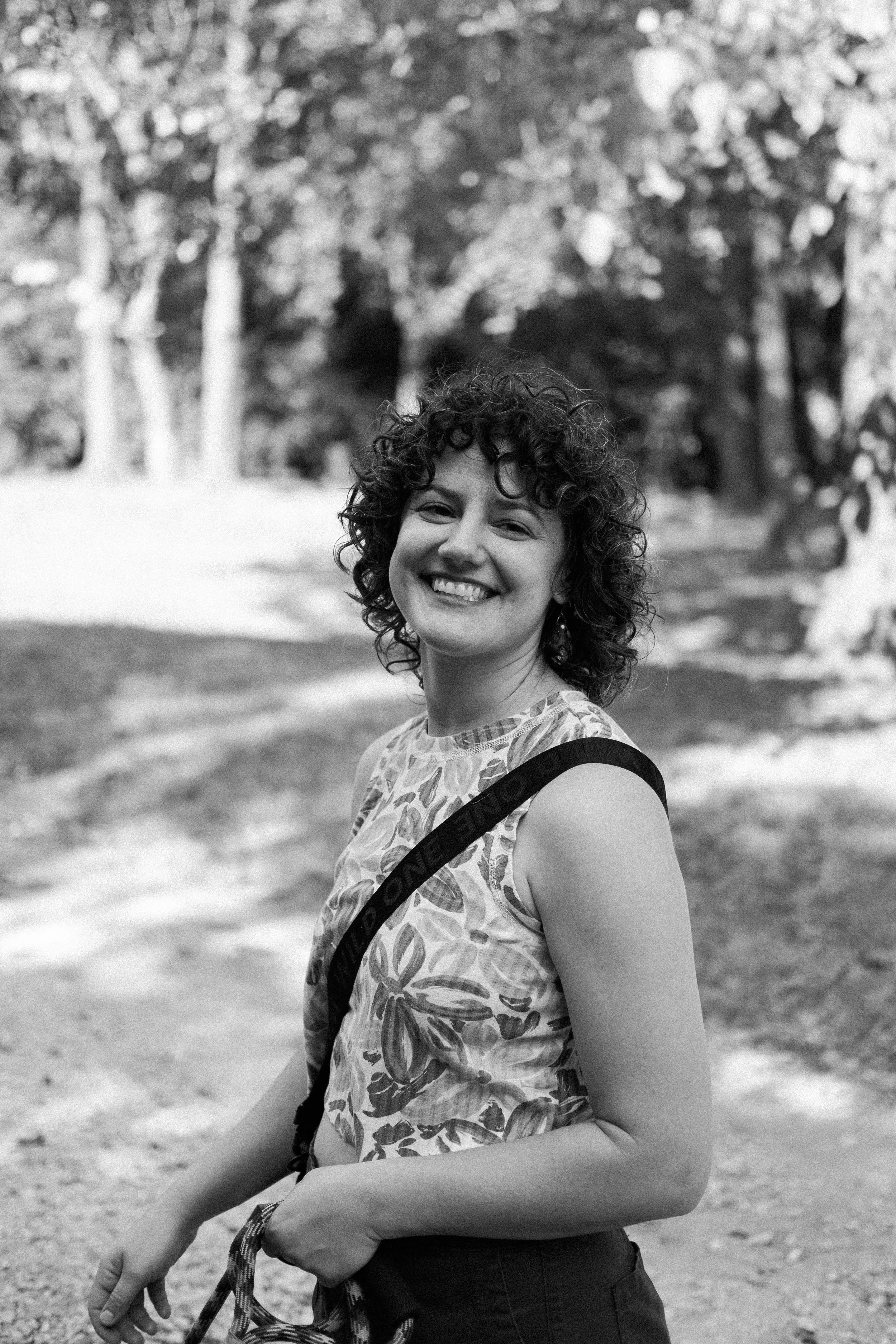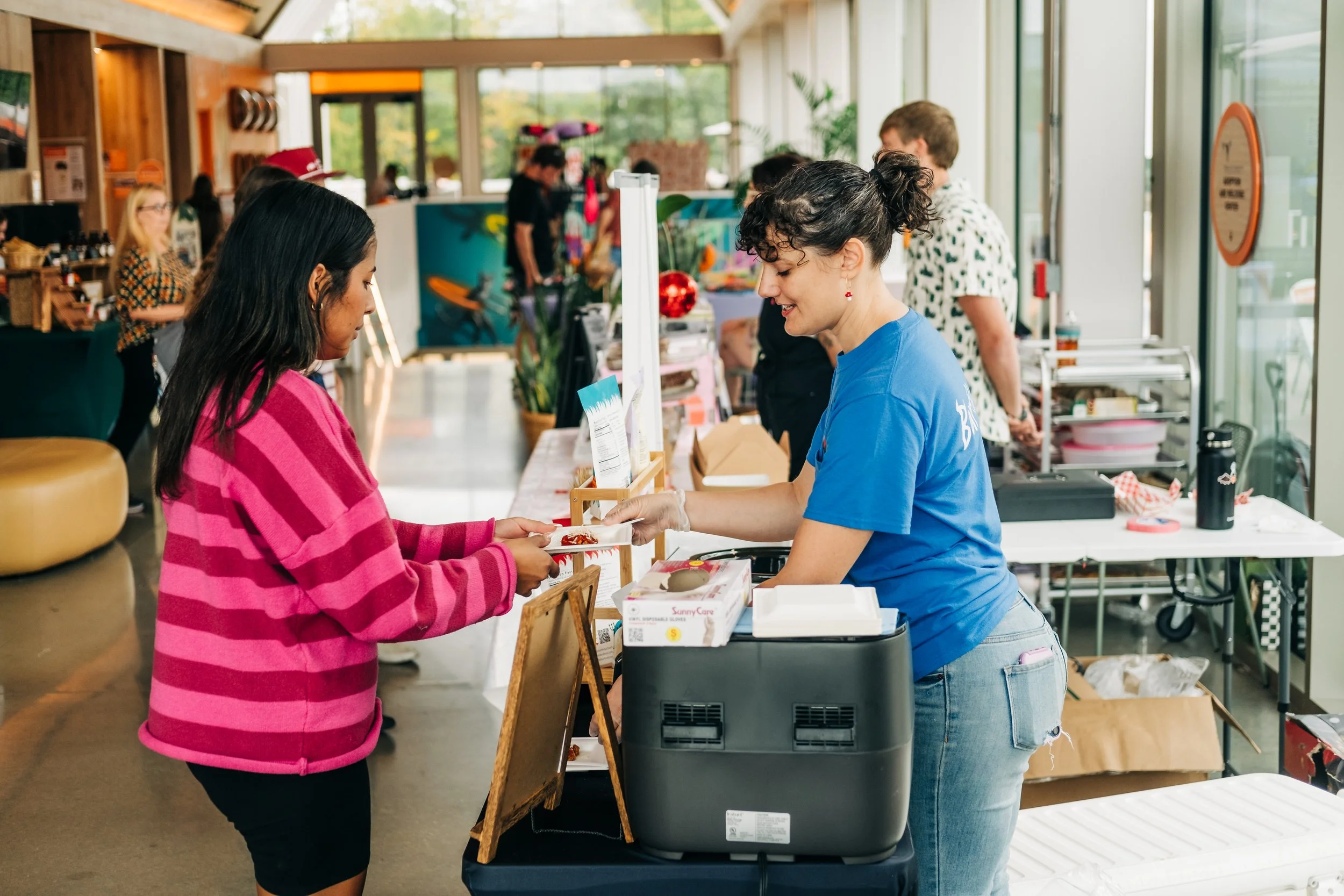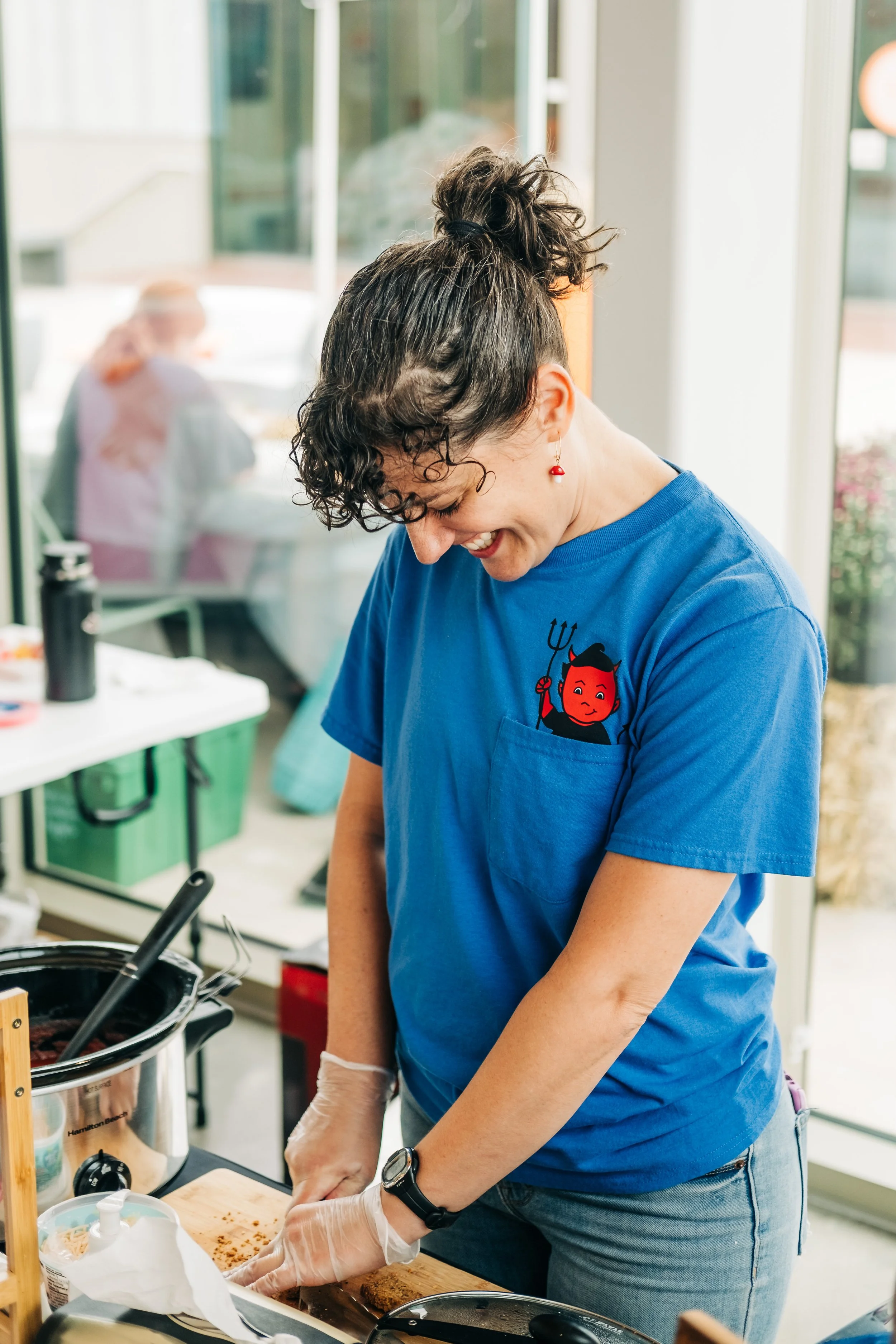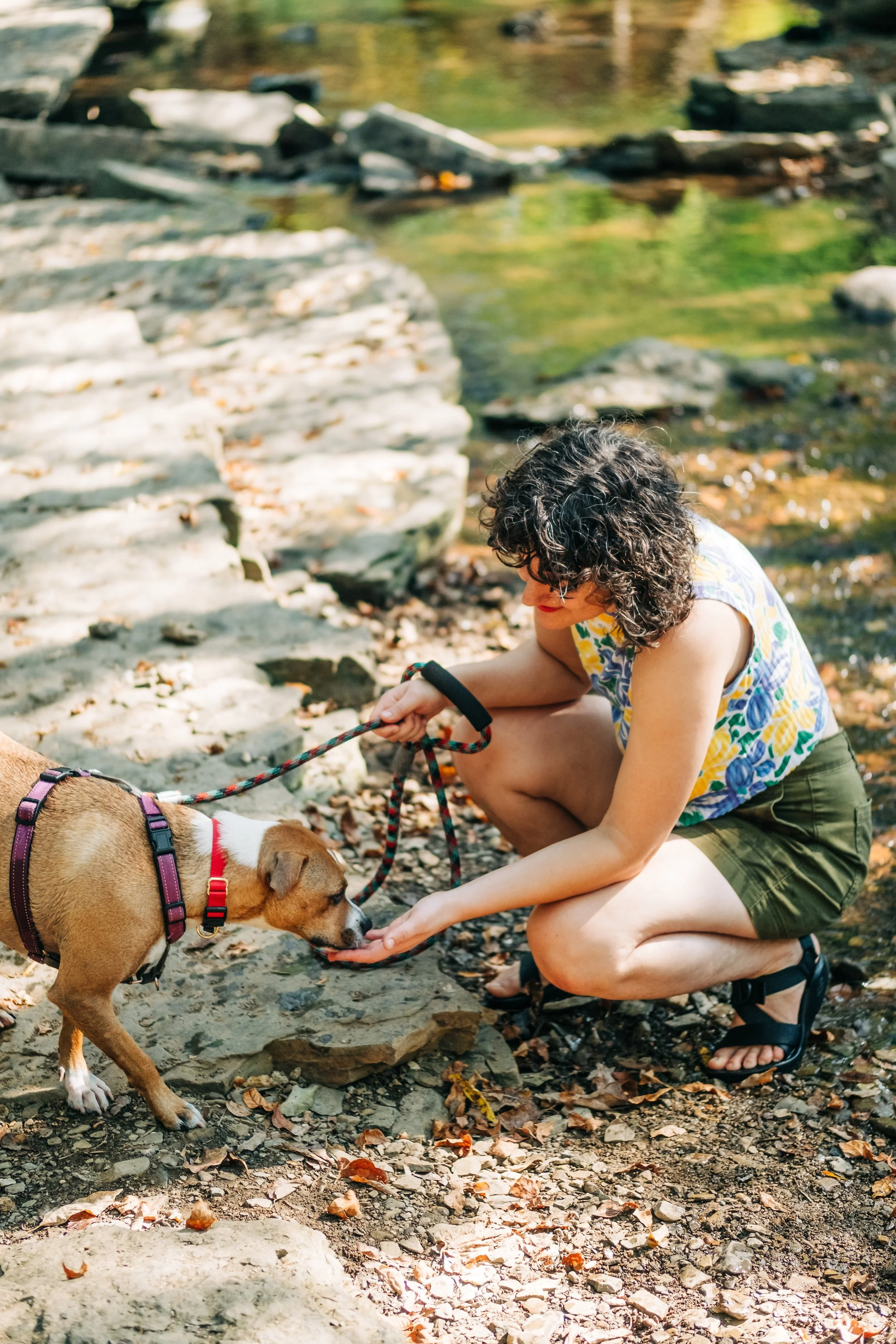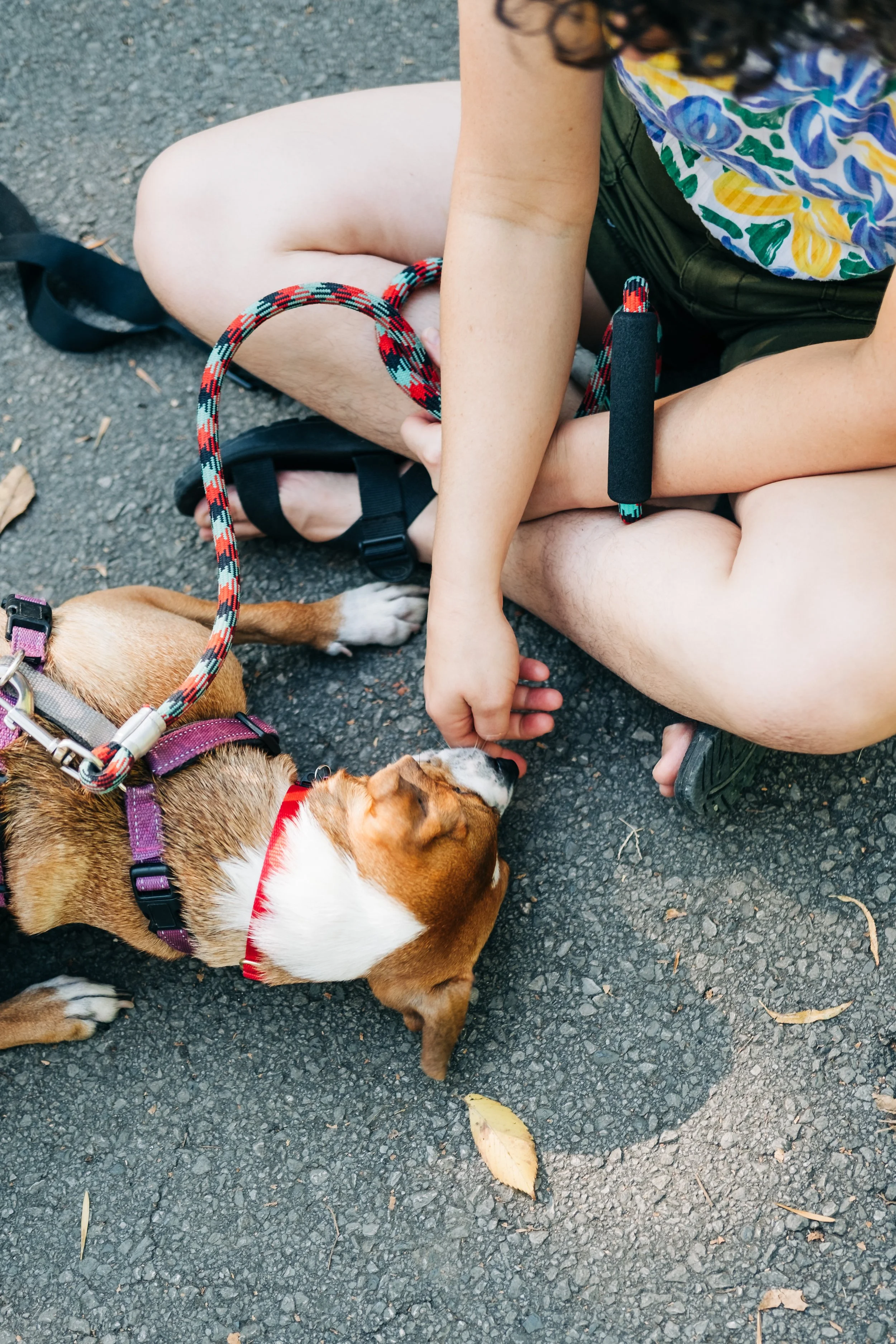Stephanie Kirkpatrick
Bartleby’s + Spring Kitchen
I became passionate about vegetarian and vegan food and the movement towards sustainability through scuba diving. I was diving quite often at the time and saw the impact firsthand. In Thailand, I saw both amazingly gorgeous pristine reefs and reefs that were being destroyed by overfishing. It was devastating to see litter and dead reefs wash up on shore, and it was hard not to connect my demand to eat fish to the impact it had on the ocean habitat. Unlike most people's journey into vegetarianism and veganism, I gave up fish first. Soon after, I started working in different restaurants to teach myself how to cook because I didn't know how to cook plant-based food. That's when I was introduced to seitan. Seitan is made from the protein in wheat. It’s been eaten for thousands of years as a protein replacement for meat because of its high protein content. I fell in love with it for that reason and soon discovered how versatile in flavor and texture it could be depending on how you made it.
-
While I worked at a café, I would invite friends over to try my seitan recipes and give me feedback, and they would say, “You know, this isn’t great, but we still think you should do this!”. Having friends who are confident in you pushes you to do some crazy things, right? Eventually, I found a menu that everyone loved that was loosely based on Chick-fil-A - fried seitan sandwiches with different sauces and toppings that fit a food truck perfectly! I could get the menu items out fast and specialize in making something amazing without having to do too much. At the same time, my friend was looking on Craigslist for a food truck and called me up one day to say, "There's one for sale about a mile from you. Why don't you go check it out, and I'll help you buy it." That’s how the food truck started! I was in Boston when I found the truck and had to move quickly to renovate it, replace some equipment, and get it wrapped, licensed, and launched. It was a hit! I started to build a loyal fanbase that would follow me wherever the truck was parked. Soon after, people began to ask for bulk orders, so I thought maybe I could try wholesale as well.
“The owner of the cafe I worked at, a woman, had to step away from the business for personal reasons, so I ended up essentially managing it. I remember thinking, maybe I could do this for real. I looked up to her and thought, ‘She’s doing it; maybe I could do it too!’ That was the first step to realizing I could run a business.”
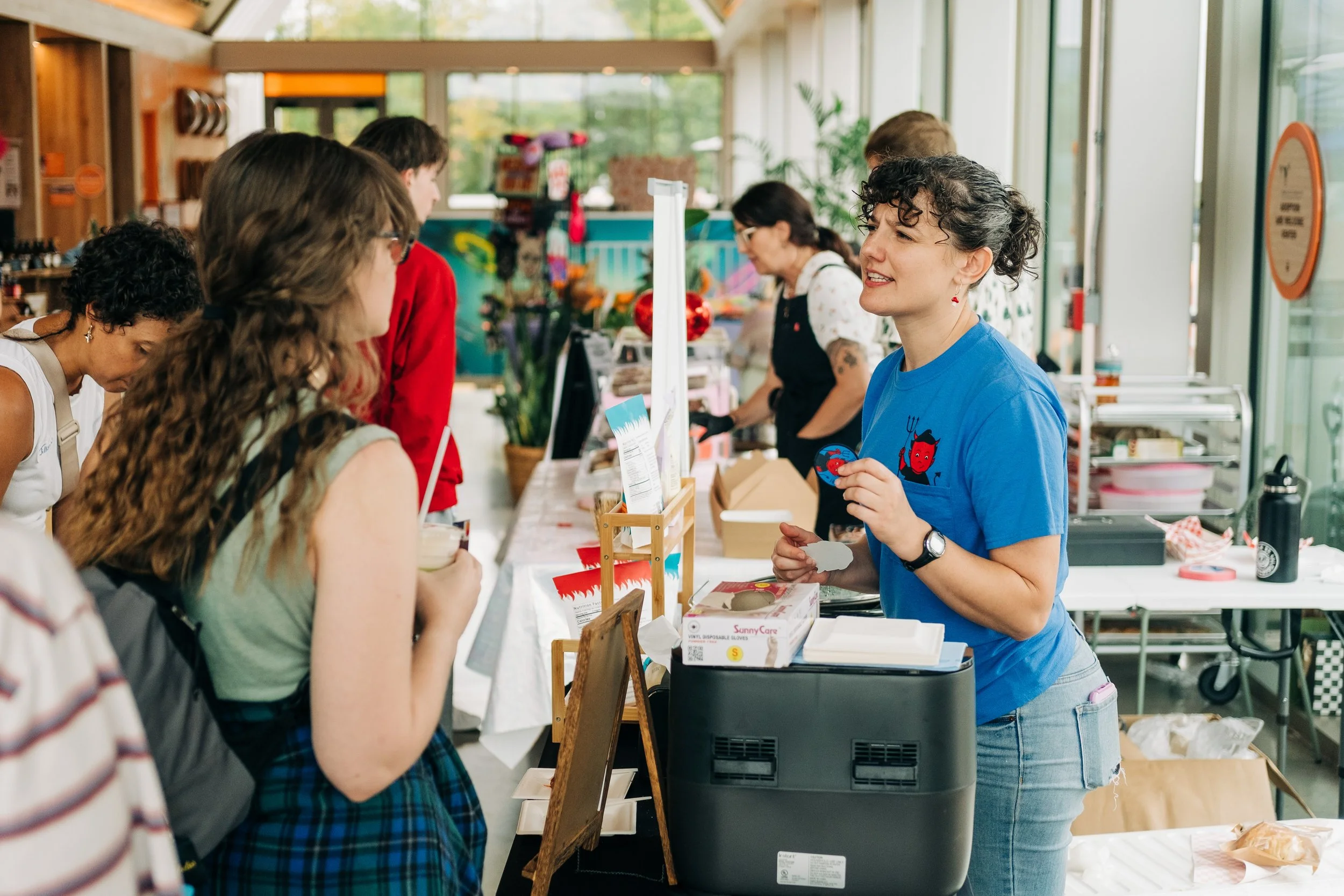
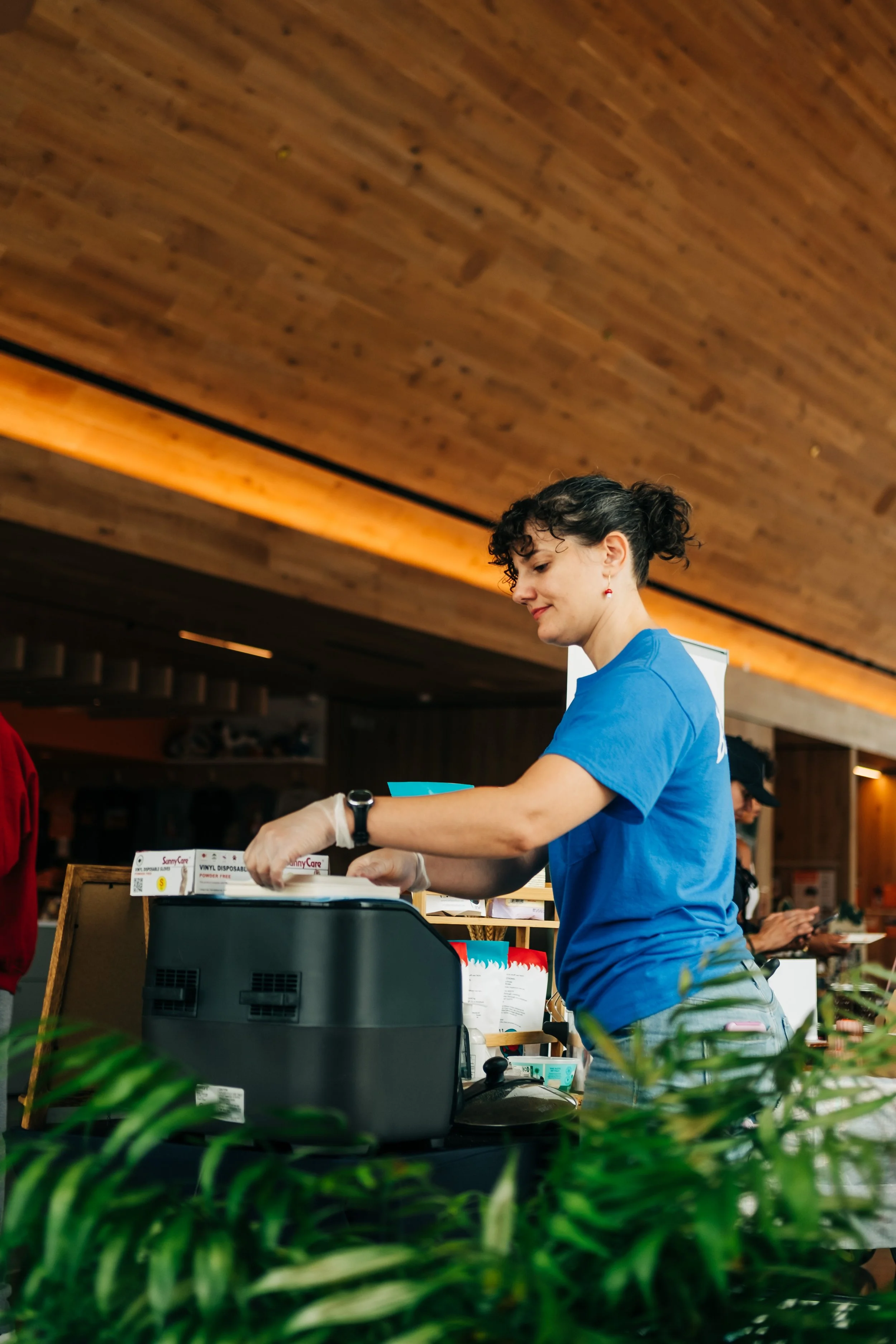
-
Not really. My background and work experience were very different from managing a small business' cash flow. I have never been very good at accounting (a different skill set), so I might not struggle as much as someone starting from ground zero, but I had to learn how to do all that. I studied business in college because I felt it could be applied to anything. Going into my junior year, I took the GMAT and joined a combined degree program that allowed me to get a Masters in Finance by the time I graduated. I planned to work in private wealth to help people figure out their finances and be smart with their money. At the end of year 2 (of my 3-year analyst program at JP Morgan), I realized I didn’t see myself in any of the people I worked with. I also had to confront the harsh reality that you don't make money by helping people who don't have much money, even though those people often need financial help the most.
-
Property in Boston was expensive, so the thought of having a production kitchen for larger orders seemed out of reach. We eventually relocated to Northwest Arkansas because Brian's family lives here. We arrived here in 2020, and then about two weeks later, everything shut down, so the food truck had to be put on hold. When things lifted a bit, I got into the Food Innovation Center at the University of Arkansas, and they helped me develop a nutrition label and hone my production process to create frozen items I could sell. My younger sister, who's a graphic designer, helped me with the packaging, and then I started taking and delivering orders locally to people's doorsteps. I didn't have a ton of orders in the beginning. A good week for me was ten orders total - most weeks, I would have 2 or 3 orders altogether. Leaving the community I built in Boston for a new food truck culture out here was hard. When I announced I was leaving, I remember a customer brought me a cake with Bartleby’s face. I got a painting from another customer, a handwritten poem, and several thank-you notes. Some days, I can't believe I left these people that I adored and who adored me. It was a food community that made me feel safe and welcomed, which made starting from scratch again really difficult. After two years here (5 years total with two years in Boston), I made the tough decision to close the food truck. It was the right decision for me. Whenever I miss the food truck, I do a pop-up, which gives me a bit more creative freedom and control over my schedule. I can still interact with customers without being open seven days a week or having the same menu every time.
“I felt so much guilt closing the food truck. I still have people saying how much they miss it and can’t believe I closed it. An important aspect of running a business is being okay with change. If things aren't serving you or the business anymore, it's okay to reassess and make changes. Even if that thing felt like your life’s passion, you might need to step away for a season if it’s draining you in a way that doesn’t make it worth it. Maybe I'll have a food truck again one day when my life and business situation is a bit different.”
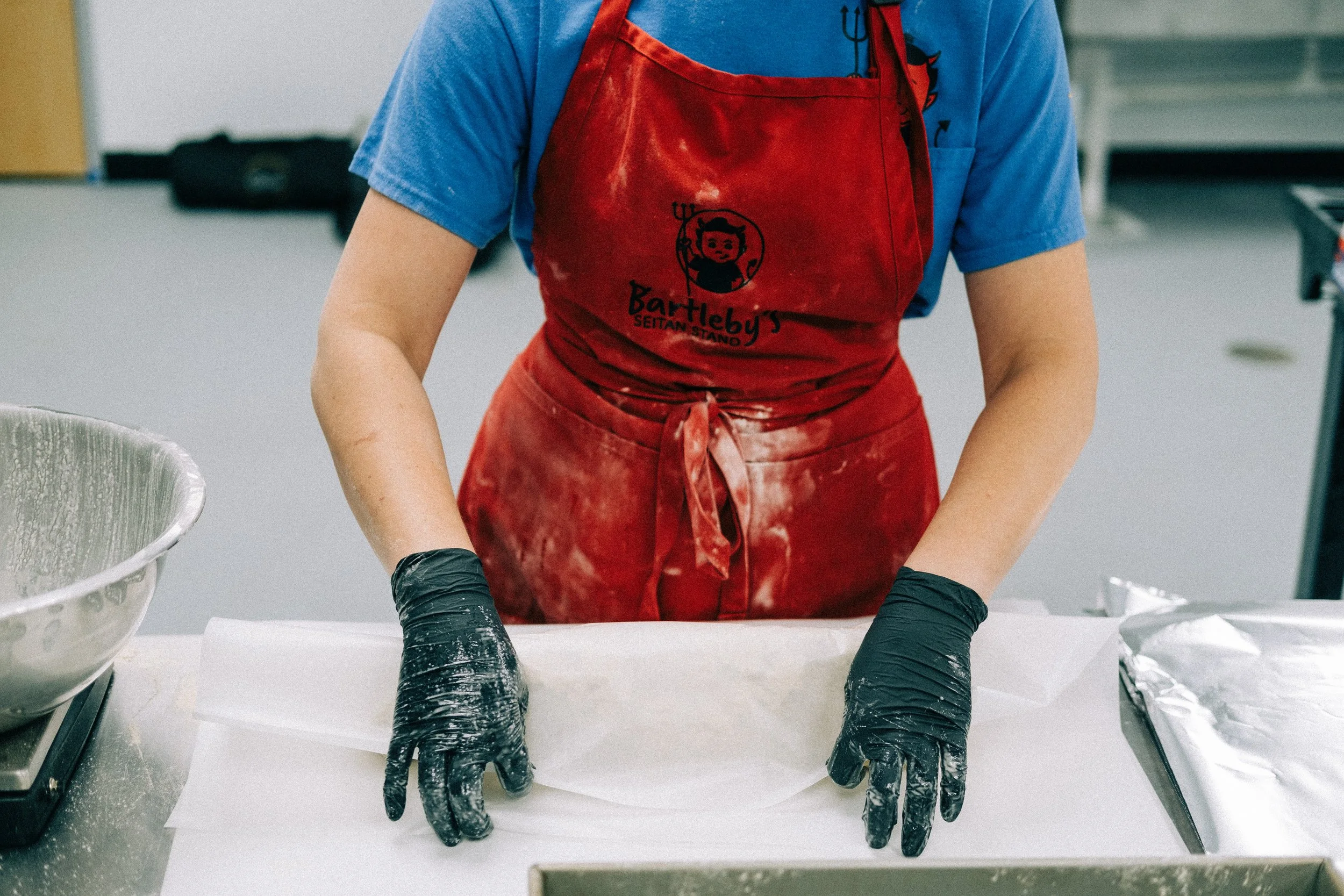
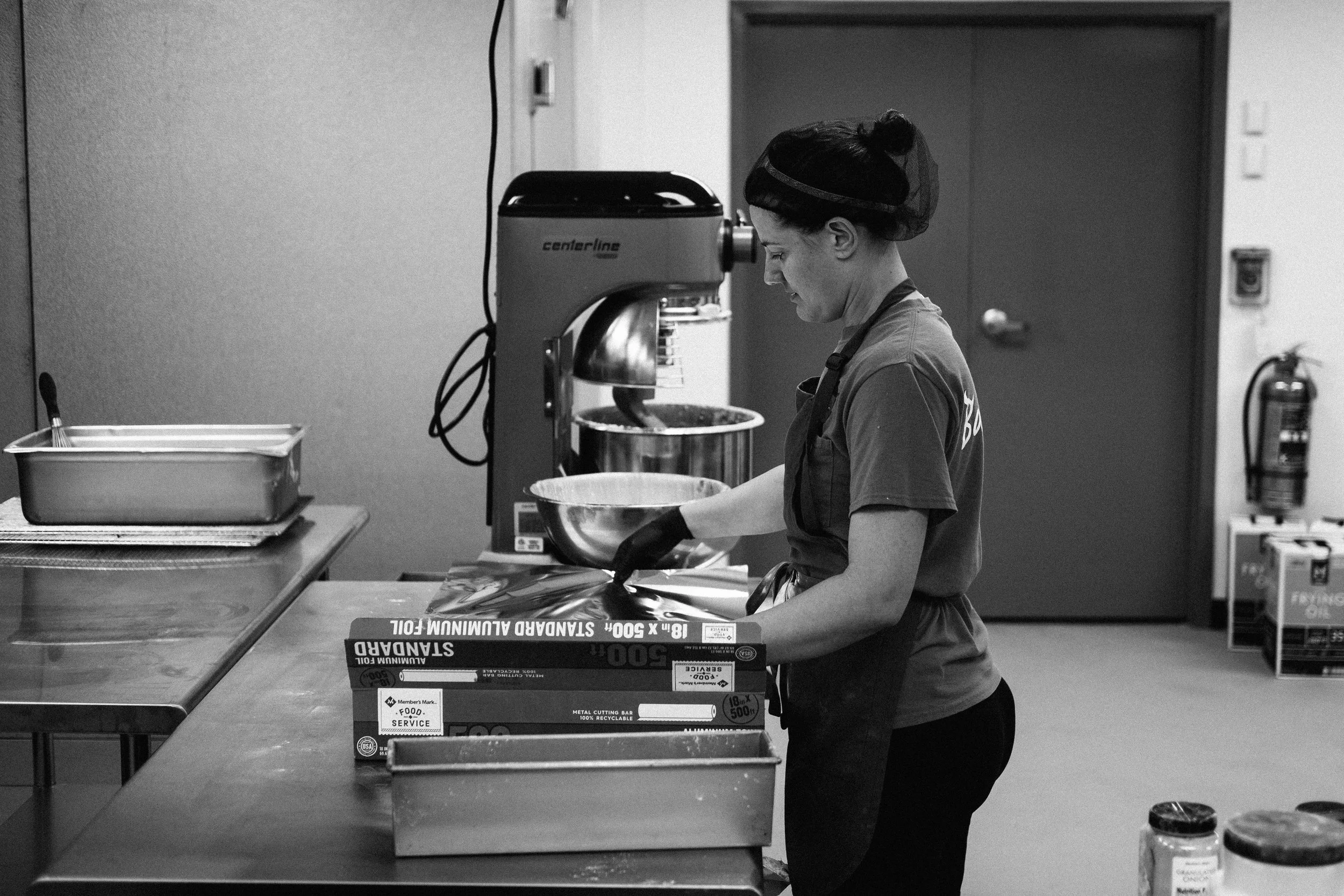
-
So something I didn’t mention earlier was that my friend who was going to help me start the business and buy the food truck backed out after a month. We had a big falling out because of that. I was really hurt and really scared, too. I spent all of my savings, and that was terrifying. My family was far away, and Brian and I were still figuring out our future together. Fast-forward to today; he's my number one supporter, along with both our families and friends we've made here. Having that support has helped me keep a healthy relationship with my work. When I’m at an event, Brian can step in for a half hour so I can grab a quick lunch and save money by not having to schedule an employee—little things like that add up to the big picture. I'm eating better, I can prioritize going to the gym every other day, and I can expand my business to include my new commercial kitchen without being overwhelmed. For example, if an employee calls out sick, I know he’s there to help and support me. My parents have always been huge supporters as well. They share, like, and comment on every social media post and tell all their friends about Bartleby’s. Same with my sisters. One of them is a lawyer, and the other is a graphic designer, and they’ve both helped me navigate those specific areas of the business.
-
I used to look at businesses and think they had it all together, but that just isn't true. I thought often about the end product but not much about all the iterations I would have to go through to get here. It's hard to anticipate how much paperwork there is, how much cleaning, and how much time I would spend doing dishes. I probably only get to do the things I love about running a business only 20% of the time. Even if I have a business that's successful enough to pay someone to wash the dishes or mop floors, I'm ultimately where the buck stops. Not only am I in charge of my own family life and personal time, but I also have to make sure each of my employees gets a fair, livable wage and is happy at their job. If my dishwasher has to take the day off, guess what? I'm the one doing the dishes. It's an interesting shift in responsibility that I wasn't expecting when I first started.
“I love getting together with other women entrepreneurs. I have contacts on my phone that I can call at any point and say, ‘What events are you doing?’ or, ‘What tax accountant are you using?’ I know their hard experiences will be similar to mine, so I can trust their advice and recommendations. I think that type of bond between women is really special. Even for women I’ve just met, I don’t hesitate to ask, “What do you need?” and I’m right there, always happy to help.”
-
So, I actually have a story about this. I often drove the truck to the mechanic because I had to take it in every quarter to get it serviced. Whenever I would come back to pick up the truck, the mechanic would always tell me, “When you pull the truck out, take a WIDE turn,” in this condescending tone. It would frustrate me that he wouldn’t assume I knew how to drive the truck (I had been coming to him for almost two years). One day I was talking to him about the brakes and another mechanic approached us. I assumed he had a question about maintenance, but then he went on to ask, “I have a question for you. How do you drive it?.” That was his question. And my response was, “Oh, you know it's automatic, so it's really easy. I can show you if you want me to!” All the other mechanics in the room laughed, and it felt good to respond with a witty comeback. I switched mechanics soon after that experience, though.
-
If the business were ever to fail, I have a significant safety net of close family and friends who would be there to support me. I don't think many people have the privilege of being supported in a practical financial way. There are some risks that I wouldn’t be able to take if I wasn't in this position. Some business owners might say, “Yeah, just go for it!”. My advice would be, yes, but also make sure you have two or three people in your corner who will pay your phone bill if you can't make that payment. There will be months when you won't be able to, and that's just the reality of running a business. I would also say: remember to have fun! When all the difficult things happen, take a step back and try to remember why you’re doing this. Write that down and then read it every once in a while. Let that be the fuel to keep going.

